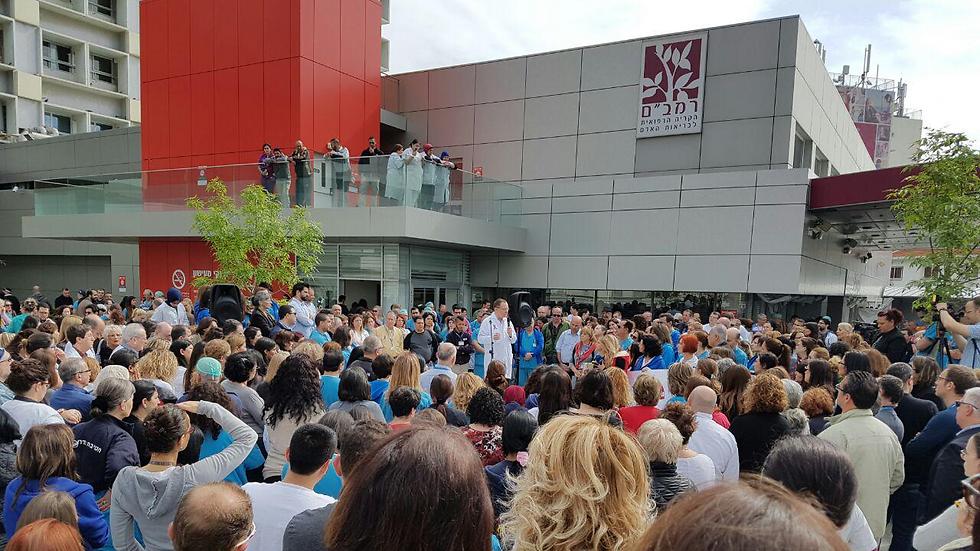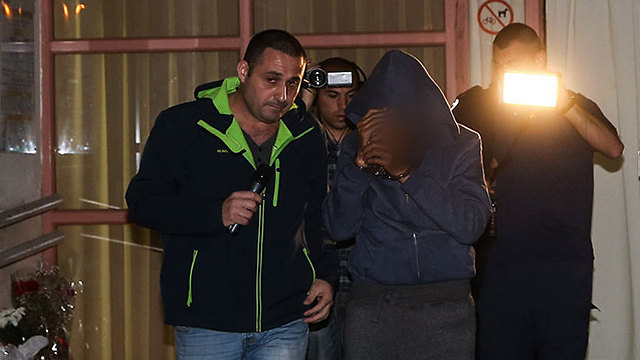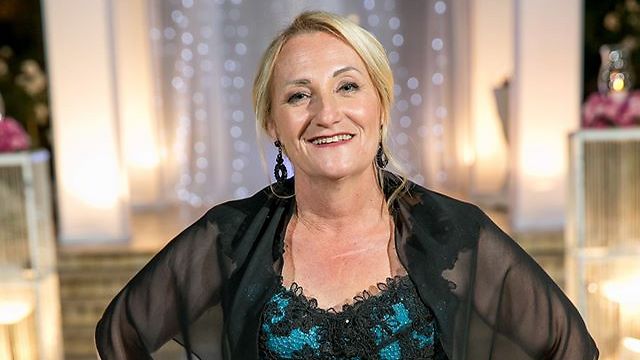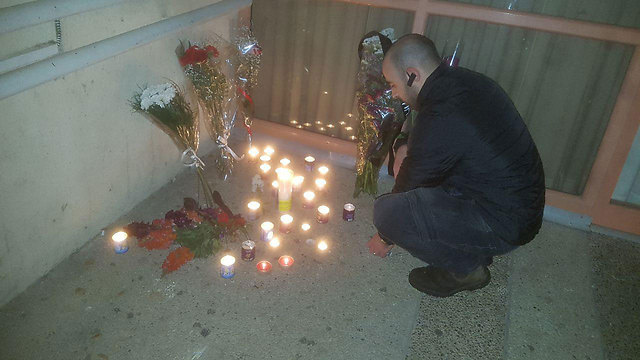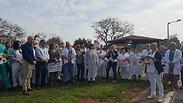
Civil servants feel abandoned, strike in protest
3,000 violent incidents take place every year in the healthcare system; following the murder of an HMO nurse, hospitals, schools, and other public offices shut down in solidarity for two hours.
Public servants—in healthcare, in schools, among social workers and in public transport—went on strike on Wednesday morning following the murder.
The entire healthcare system was shut down for two hours from 8am to 10am. All government hospitals were closed, including general hospitals, geriatric, psychiatric and rehabilitation facilities. In addition, services were not provided at the HMOs, baby clinics and regional clinics. Procedures not categorized as “urgent” were postponed.
High schools, social workers, and public transportation workers also joined the demonstrative strikes for a few hours on Wednesday morning.
Each HMO, baby clinic and hospital uses a computerized system that transmits all reported violent incidents to the Ministry of Health’s database.
In recent years, the Ministry of Health initiated a pilot project, in conjunction with the Ministry of Public Security, that stations police officers in hospitals.
Today, there are police officers at Rambam (Haifa), Nahariya, Hillel Yaffe (Hadera), Ichilov (Tel Aviv), Wolfson (Holon) and Assaf Harofeh (Rishon Lezion).
"We have seen that in spite of police presence, there has been a rise in the number of reported incidents," said David Schwartz, who is responsible for handling incidents against medical staff at the Ministry of Health. "We believe it is precisely that fact (police presence) that encourages medical staff to go and complain."
Recently, the Ministry of Public Security and the Ministry of Health have decided to increase the number of police officers placed in hospitals. Some HMOs even have panic buttons and cruisers patrolling the different clinics.
Despite all efforts, over the past year, quite a few cases of violence against medical workers have been reported—six months ago, an Arab physician treated an IDF soldier in the orthopedic emergency room at Assaf Harofeh Hospital in Rishon Lezion. About an hour after treatment, the soldier's father arrived, went into the doctor's office and began cursing him, using racial slurs. The father had also apparently used physical violence. A few months earlier, a family destroyed hospital property following the death of a loved one at Assaf Harofeh.
The Teachers’ Organization joined the strike in both solidarity and protest against the proliferation of violence aimed at education workers by both students and parents. On Tuesday, the Netivot Chaim yeshiva in Pisgat Ze’ev was shut down after the mother of one of the students threatened to set a teacher on fire.
The numbers collected by different databases show that over the last two months, there have been more than ten cases of reported violence against education workers, which means that at least one such case occurs every week.
According to the social workers’ union and the Ministry of Social Affairs, in 2015, more than 230 violent incidents were reported against social workers, half of which were physical in nature. This represents an increase of about 45 percent compared with the number of violent incidents recorded in 2014.
"Some public workers feel their blood is forfeit," Khadija Abu Ghazal, a social worker from Umm al-Fahm, told Ynet. "Civil servants absorb all the anger and violence in society and they feel like no one has their backs," she continued.
(Translated and edited by N. Elias)










